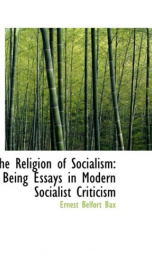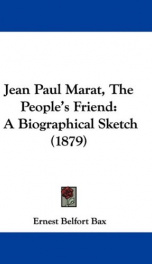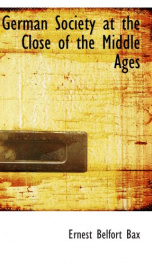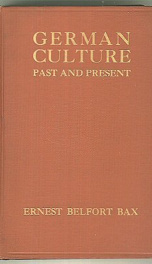reminiscences and reflexions of a mid and late victorian

Purchase of this book includes free trial access to www.million-books.com where you can read more than a million books for free. This is an OCR edition with typos. Excerpt from book: CHAPTER III ON CENTURY-END LITERATURE, ART, AND PHILOSOPHY The expression fin de siecle, which sprang up originally, if I remember rightly, in the early eighties, became very popular as the century more nearly approached its close. It had, indeed, an actual significance. As already observed in a previous chapter, the early eighties did undoubtedly mark the culmination of a great change in English popular thought. Perhaps the year 1884 may be specially mentioned in this connexion. It was in this year that the modern English Socialist movement really began to take root and excite interest in the country. With this, however, I propose to deal at length in another chapter. But in other ways also the advent of the mind of a new generation showed itself about this time. The old English Puritanism ceased to concern itself primarily with theological dogma, but turned its principal attention to practical issues and questions of conduct. Its view of moral problems of course centred in the old bourgeois Puritan notions. The circumference of morality still mainly circled round the question of sex relations : sexual abstention under the name of " Social Purity " bulked largely, as it has always donewith this type of mind, as the great moral achievement. The late W. T. Stead was its chief literary and journalistic coryphaeus, and the Rev. Hugh Price Hughes its prophet and priest in pulpit and on platform. The movement was also mixed up with Feminism, with which I intend also to deal in a later chapter. Now was the time of the great Browning " boom." Browning clubs sprang up in all cultured middle-class circles. Robert Browning was proclaimed as the poet of the age, and the study of his poems was declared by many enthusiasts as a liberal education in itself. Altogether, in the years...
Info about the book
Author:
Series:
Unknown
ISBN:
1463690479
Rating:
3/5 (3)Your rating:
0/5
Languge:
English
Users who have this book
Users who want this book
What readers are saying
What do you think? Write your own comment on this book!
write a commentif you like reminiscences and reflexions of a mid and late victorian try:
Do you want to read a book that interests you? It’s EASY!
Create an account and send a request for reading to other users on the Webpage of the book!











